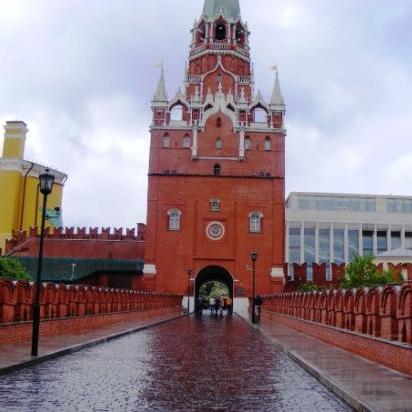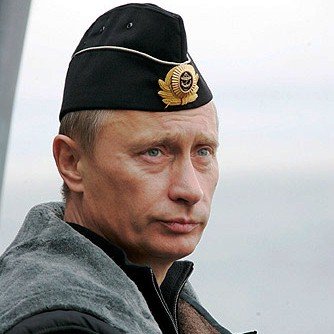(The Guardian) All of the problems stem from a poorly chosen verb. In May 2012, Congress approved a budget for the fiscal year ending 30 September, 2013. Since 1983, the US State Department budget has included an article on the study of Eastern European and Post-Soviet states. In 2012, only one word was changed: instead of the verb “shall” appeared the verb “may.” Since then, the State Department has not been legally required to finance research of the post-Soviet space. […]
“The meaning of Title VIII cannot be emphasised enough. It was something that attracted students and graduates to Russian studies. You always knew that was a source of funding for your research,” notes Sam Charap, senior fellow with the International Institute for Strategic Studies (IISS). Russia specialists have agitated against the dissolution of the programme; their efforts include a letter addressed to Secretary of State John Kerry written by several retired ambassadors. However, the fall 2013 State Department leadership was uncompromising – it decided not to allocate money to the study of a country that sunk the “reset” and harbours Edward Snowden. […]
The collapse of the Soviet Union, which almost no American sovietologists predicted, dealt a powerful blow to the discipline, recollects Andrew Kuchins, Director of the Russia and Eurasia Program at the Center for Strategic and International Studies (CSIS). The Vice President of the Carnegie Endowment notes: “In 1991, the labour market for Russia specialists imploded in both the government and research structures. We closed many research programmes on Russia in the United States, cancelled classes in Russian language, reduced budgets for everything related to the Post-Soviet space.” […]
America’s Russian Studies community that holds policy influence can be divided into five segments with respect to employment: academics, think tank employees, business analysts, White House, Pentagon, and State Department staff, and members of the intelligence community. The careers of many Russianists passes through the ‘revolving door’: somebody can begin their career as a bureaucrat, then join a think tank, then return again to state service – often, to a higher-ranking position, or different division. Changes in position are often linked with the political leanings of the expert. “When Democrats are in power, think tanks attract Republicans from the previous administration, and vice versa,” notes Henry Hale, professor at the Elliot School of International Relations at George Washington University. Usually, migrations take place between think tanks, state service, and business. Academics and intelligence experts change positions more rarely. […]
Many problems face Russia scholars in all work sectors. Experts polled by Vlast most frequently named funding cuts as the primary problem of the discipline. Following the dissolution of Titles VIII and VI, the government has continued to reduce grants for projects on Russia. The site grants.gov lists only eight state contracts relating to Russia for the fiscal year ending 30 September 2014. Private endowments like the McArthur Foundation or Carnegie Corporation of New York have funded independent programmes like the Program on New Approaches to Research and Security in Eurasia (PONARS Eurasia) – a network that unites a number of academics, whose research on Russia and the Post-Soviet space can be use in the formulation of policy. […]
Another problem has appeared along with a decreasing number of positions for Russia specialists: a generation gap. “It’s hard to name experts who aren’t old like me,” sighs Graham. “You can count representatives of the youth younger than 40 or 50 on your fingers.” As for rising stars, you can count them on only one hand. Vlast’s sources in government and in nongovernmental research centres name three names: Sam Charap at IISS, Jeffrey Mankoff, Kuchins’ deputy at CSIS, and Matthew Rojansky, director of the Kennan Institute. These three have the best chances of becoming key players for Russia and the Post-Soviet space in future [US] administrations. Among scholars at universities, though with political links, our sources named professor Keith Darden at the American University in Washington (one of the leading experts in the United States on modern Ukraine) as well as professor Cory Welt at the Elliot School. […]
Read the full article "Why Washington must try to harder to understand the Kremlin" by Alexander Gabuyev © The Guardian










